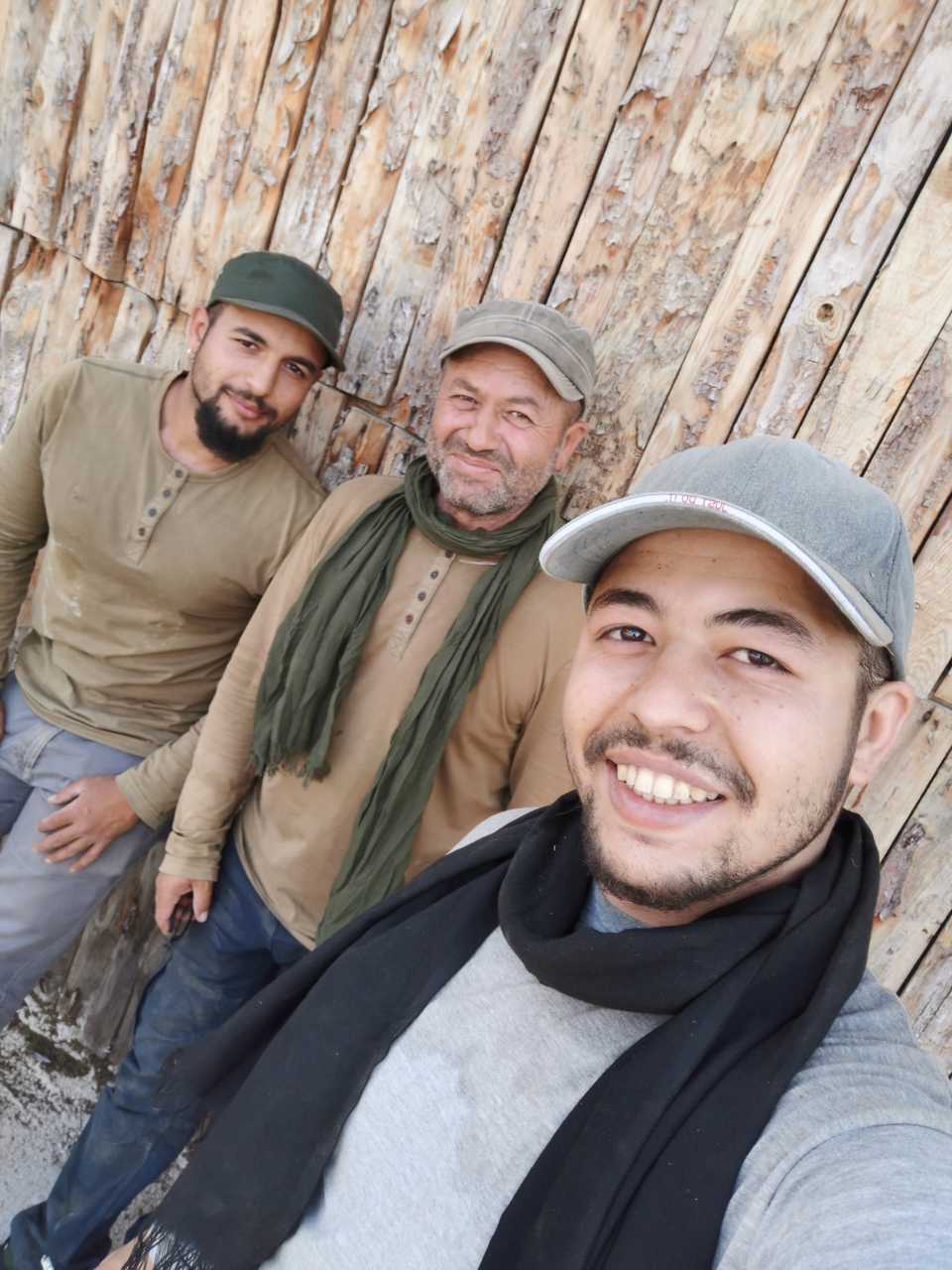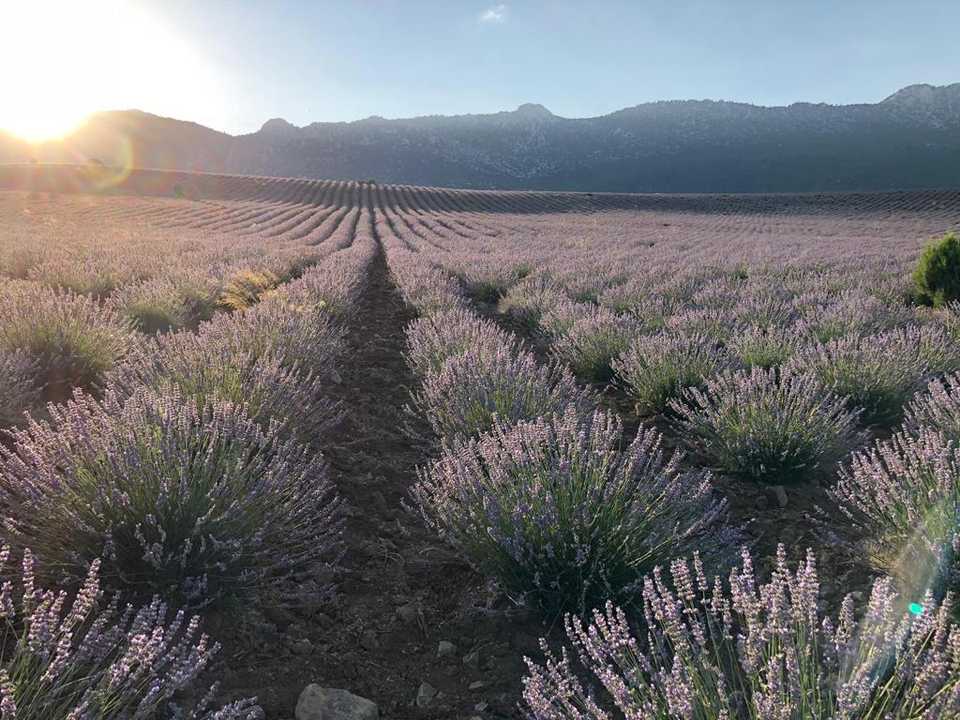“We started Lisinia in 2005,” says Ozturk Sarica, “after we lost five people from our family to cancer.” The vet believes a proximity to nature keeps ailments and cancer away.
Lisinia, is not only a nature park, but a wildlife rehabilitation centre and an agriculture area all rolled into one, and is located in the Burdur province, where Ozturk Sarica himself was born. Now, he is giving back to the land that bore him.
It is one of the significant cities of ancient Pisidia, the old name for this area. Lisinia literally translates as, ‘the gleam of rising and setting sun and moonlight on water’.
In 2019, Sarica oversaw 400,000 visitors to his centre. “Because of the pandemic, we have had fewer visitors, around 250,000 people, this year.”
Lisinia is a project that boasts multiple aspects. One of them is its wildlife rehabilitation centre, where Sarica – a veterinary doctor by profession – himself works. “The animals that recover, we release back into the wild,” he says. “The ones that won’t make it in the wild get to continue living with us, unfortunately.”
“We donated the wildlife rehabilitation centre to the Ministry of Agriculture and Forestry’s General Directorate of Nature Protection and National Parks free of charge for 10 years upon inception,” he tells us at TRT World. “We’ve been taking care of all the expenses since 2005.” Nowadays, the contract with the directorate is renewed on a yearly basis.
“If you are wondering what wild animals have to do with living clean, well, they are the ones that are profoundly affected by dangerous chemicals. They don’t survive, they die en masse.”

Another aspect of the Lisinia project is its “zero chemical” production – it makes use of natural ingredients and environmentally-friendly agricultural applications. Sarica says harmful chemicals are widespread in agricultural pesticides and have serious side effects, nominally, cancer.
The centre’s founder is proud that Lisinia produces goods with ecological certificates, including food, drink and cosmetics. They try to encourage others to do the same, as well as to grow things that are often considered too complicated. “This year, we grew walnuts,” he says.
Lisinia also has a nature school on site, “one of the first open air nature schools in the world.” “We educate people about nature visually –– they learn by walking around,” he adds.
Sarica also stresses the importance of the volunteer project he has created. “Every year we have about one thousand volunteers from Turkey and beyond,” he tells TRT World. “Because of the pandemic, this year we have fewer people participating,” he adds.
Another aspect of Lisinia that brings Sarica great pride is its energy generation, for solar panels are used here to create a wealth of energy, or at least, all they need to run the centre smoothly and self-sufficiently.
There are towers at Lisinia, says Sarica, which help to visually showcase the reasons for cancer and its development –– it is to help protect people against harmful chemicals and the disease itself.

Water makes up the focus of another project. According to Sarica, its aim is to highlight water pollution and, crucially, the scarcity of it. For example, they are trying to save Burdur Lake which is succumbing to drought and drying up, but through it, their ambition is to teach the importance of potable water. Aromatic plants that are planted here, like lavender, oregano, sage, as well as others, are specifically chosen to demonstrate how some species can survive without constant irrigation.
Lisinia’s output is being sold locally, but exported, too. As an example of this, Sarica says that 40,000 bunches of lavender were sold to the Netherlands, and the essential oils of juniper, sage, lavender, oregano, rose and chamomile were almost all sold to Europe, Canada, Malaysia and Singapore. The pioneer is confident that sales will increase in the coming years.
Sarica believes in benefiting local farmers and the country. He works in an area of 3,000 decares, with five permanent employees who support him. There are day workers, too, although the exact number is unknown given to a constant fluctuation. All the while, he says he pays 12,000 days worth of labour per year. “Each daily wage is one person per day working,” he says.
“At the end of the day,” Sarica comments, “We are not concerned with financial enrichment. Our goal is to bring awareness to people about our causes.”










Discussion about this post